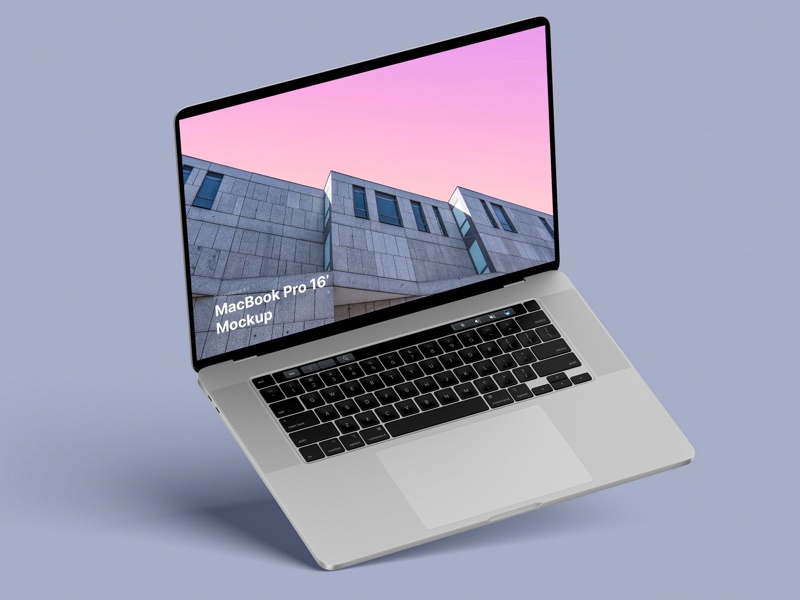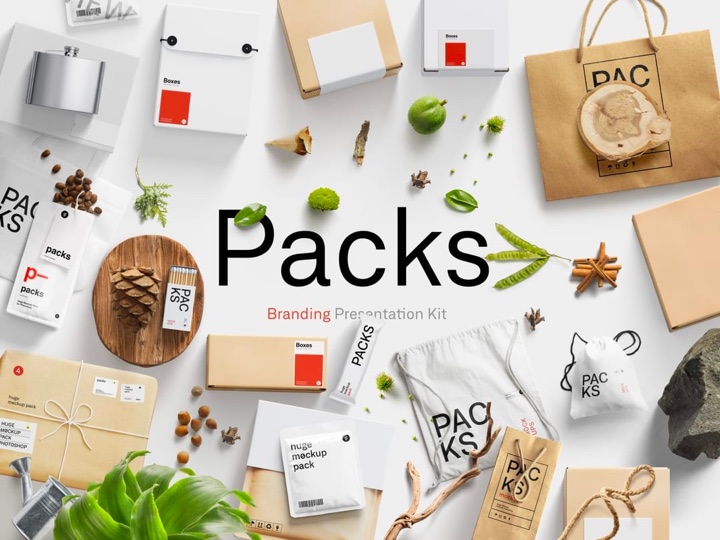JPEG compression does do damage, even if it’s only slight. Why start at 95% quality if you can start at 100% quality?
Because I think the difference in print is imperceivable. Compare an uncompressed tiff with a best-quality jpeg equivalent, printed side by side on the same sheet of paper. Even with a printer’s loupe, you won’t notice. The problem with jpeg compression is that 8/10 designers don’t really understand it, and don’t want to. Adobe has it in the PDF spec because it’s practical and can serve a useful purpose if the operator makes prudent adjustments.
Storage space is dead
cheap these days. JPEG is great if you need to send material over the internet, but I don’t see any advantages for JPEG as a storage format, except saving a few cents storage costs per image.
It’s not the cost as much as the impractically. Backing up an image archive on 20 CD’s instead of 60 is a logistics issue worth addressing.
If that is your problem, perhaps you should think about charging decent prices for your work, so you can afford more storage space.
I charge exorbitant prices to discerning clients who can’t tell the difference either, even if I explained. As millionaire land developers and home builders, they focus on the big picture, not hair-splitting details that make absolutely no difference whether or not a 250,000.00 new home deal is closed or not over a Jpeg or Tiff.
Do you insist on Hexachrome printing for every job? It’s obviously "better".
Ever listen to and enjoy an MP3 file, or do you insist on the purest wav file in every case – at ten times the file size?
JD

